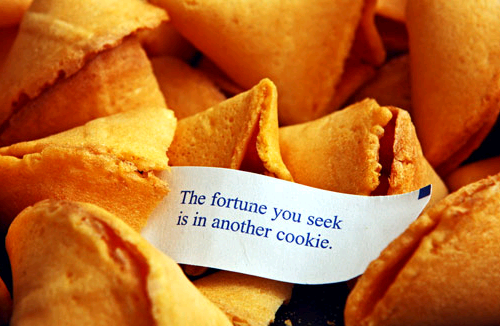This is a cross post from Devil’s Avocado

Thomas Jefferson, the author of the Virginia Statute for Religious Freedom (one of only three accomplishments that the great Enlightenment figure wished engraved on his epitaph), wrote in hisNotes on the State of Virginia the following limpid statement of an elementary principle: “Subject opinion to coercion: whom will you make your inquisitors? Fallible men; men governed by bad passions, by private as well as public reasons. And why subject it to coercion? To produce uniformity. But is uniformity of opinion desirable? No more than of face and stature.” Freedom of speech is the trunk of the tree of liberty (and, as Tom Bingham sedulously showed in his book, The Rule of Law, the roots of the constitutional precept from which he took his title).
Almost everybody professes to agree with the above. They are, however, apt to ruefully declare that the principle is sometimes taken “too far”. In January, UCL Atheist, Secularist and Humanist Society (UCLASH) advertised one of its weekly socials using a cartoon that depicts Jesus and Muhammad propped up at the bar, pints of beer in front of them. UCL Union, following several demands that cited the gravamen of religious offence, ordered that the image be removed from the advertisement. I suspect that many people reading this don’t see any importance in the Union’s act and perhaps agree with the asseveration of a representative of UCL Ahmadiyya Muslim Students Association: “freedom to insult is the very worst aspect of freedom of expression”.
But this is quite untrue. Freedom to insult is not an unfortunate concomitant, but the very definition, of freedom of expression. A free mind does not defend only the speech it likes; it defends most that speech which it finds most offensive. One should engage in this task, not masochistically, but because one is aware that any person or group may construe one’s own critical speech as ‘offensive’ or ‘hateful’ or ‘insulting’, whether it is intended to be or not. It is, furthermore, good for one’s values and sacred ideas to be regularly assaulted, the dust rudely blown from the too-comfortable furniture of the mind. (That is, or used to be, thefunction of universities.) We are then required to reflect on why we believe what we do; to offer a counter-argument; allow it to be treated to a counter-counter argument; and so on. We must protect the right to express contrary views, and combat them with criticism, not coercion, or else condemn ourselves to mumbling the emollient, opinionless, bipartisan, decaffeinated patois of pithy platitudes and sententious drivel, in which most of our moral ‘leaders’, politicians and press are already too fluent.
And we may agree that a right of freedom of speech needn’t – a very different word from “shouldn’t” – be exercised all the time. But unless we are mutes it will be exercised periodically. And as soon as one is told that it oughtn’t to be, and that one’s habit, generally, to be inoffensive, is not a politeness but an obligation, the hour has come to cease with whispers. Members of UCLASH were not, as has been claimed, reposting the cartoon to reoffend, but rather to loudly reaffirm the truth of an old insight (one often in need of reaffirmation), in the face of instituted censorship: namely, that if the freedom to speak means anything at all, it means the freedom to say things that people do not like.
Moreover, the prohibition on portrayals of Muhammad, and on the drinking of alcohol, is an Islamic one (and of contested authority in the hadith). The UCL Atheist, Secularist and Humanist Society is not, one would presume, an Islamic organization. Nor, according to their constitution, is the Student Union of England’s first secular university. Why, then, did UCLU Union involve itself in the knotty issue of Islamic hermeneutics, and decide that non-Muslim students must be subject to the same constraints that Muslim students willingly impose on themselves? One doesn’t, after all, get oneself circumcised just because one’s neighbour happens to be Jewish.
One would also, of course, defend the right of Muslims not to depict their Prophet drinking alcohol, were that right ever to be attacked. But one would hope for at least some element of reciprocity: that Muslims will defend the rights of unbelievers to do as they see fit according to their own consciences. And, indeed, a few did so, offended but believing in the right to offend. It was not for UCL Union to presume that those individual Muslims who demanded censorship represented the views of all Muslims, and nor, more importantly, would it be for the Union to censor even had that been the case. To always eschew offence is to commit the life of the mind to suicide.
The function of art, after all, is to humanise the alien: a necessarily taboo process. By doing so, we tilt the human condition on its axis, around which it really revolves. What is the point of a freedom to mock political ideologies and governments, and religious ones, like Catholicism and Judaism, if one can’t extend the same treatment to Islam? A partial freedom to speak out is no freedom to speak at all.
Christopher Hyland
This article appears in an edited form in February’s edition of Pi, UCL’s student newspaper.
It was written before the events at LSE and Queen Mary’s, and the censorship of Rhys Morgan by his school.


